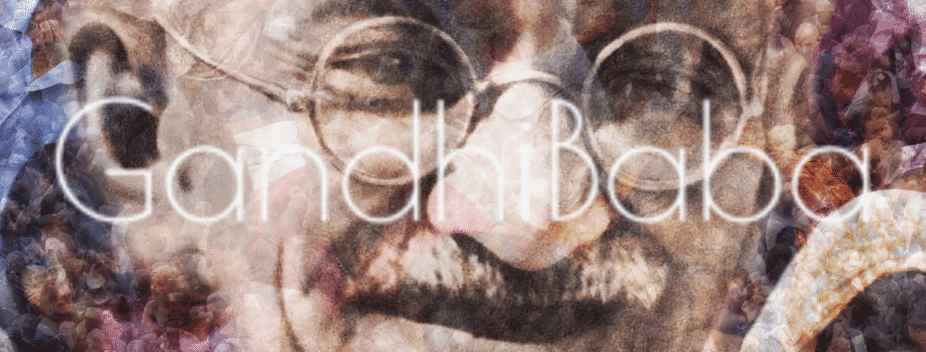Keeping an average Nigerian from being corrupt is like keeping a goat from eating yam. - Chinua Achebe, author of Things Fall Apart, the all-time African best seller.
For several years now, global anti-corruption watchdog, Transparency International (TI), has ranked Nigeria as one of the most corrupt nations in the world. As recent as 2017, TI ranked Nigeria 148th out of 180 countries examined in their list of the least corrupt countries in the world.
To this very moment, corruption is often regarded as the greatest threat to the progress of Nigeria as a country. Specifically, corruption creates leakages in Nigeria's treasury, hindering development and economic growth.
What is Corruption?
Transparency International defines corruption as:
The abuse of entrusted power for private gain. It can be classified as grand, petty and political, depending on the amounts of money lost and the sector.
Some Forms of Corruption in Nigeria
In the past decade, corruption has assumed several forms in Nigeria. Some of the rampant forms include:
- Embezzlement: This occurs when public servants steal monies they have been entrusted with. For instance, there are indications that over two billion dollars allocated to improve power supply in Nigeria in the last decade were embezzled by corrupt public officials.
- Money Laundering: According to Wikipedia, money laundering is the act of concealing the transformation of profits from illegal activities and corruption into ostensibly "legitimate" assets. A notable case of money laundering in Nigeria is the case of Chief James Ibori, a former governor of Delta State, who was arrested in Dubai and prosecuted in the UK for money laundering and other corruption-related charges.
- Bribery: This is the act of receiving money or other valuables illegally before carrying executing an action. In almost every public sector in Nigeria today, bribes are received before public servants carry out their duties.
Budget Padding: This is the act of inflating and adding extraneous items into government budget in order to make personal gains. Budget padding has become an annual ritual when preparing Nigeria's budget.
The Consequences of Corruption in Nigeria
The following are some of the consequences of corruption in Nigeria:
- Underdevelopment
- Bad public image
- Poverty
- Crumbling economy
- A failed state
- A surge in criminal activities
"If we don't kill corruption, corruption will kill Nigeria"
- President Muhammadu Buhari.
The Way Forward
Agencies such as the EFCC and the ICPC which have been set up to tackle corruption in Nigeria must live up to their expectations.
Special tribunals should be set up to accelerate the prosecution of corruption related cases.
Severe punishment should be prescribed for those found guilty of corruption. The present punishments prescribed for corruption in Nigeria are too light to serve as deterrence.
The government must develop a political will to fight corruption.
A campaign should be launched to orientate the Nigerian public on the dangers of corruption and why it must be reported when suspected.
Financial regulations should be developed and monitored by the CBN to make illegal transactions difficult.
There must be no sacred cows in the war against corruption.
The judiciary must remain independent, to avoid political interference in corruption related trials.
Image sourced from Google
SUPPORT CORNER

Kindly follow the peerless vocabulary lessons delivered by @majes.tytyty and get rewarded with some upvotes for your participation.
DiscordAre you a minnow and you're already thinking of giving up on Steemit? Please don't quit. Kindly follow @Steemitcentral and use the steemitcentral tag in your posts to get some upvotes. Join @Steemitcentral on

I am @gandhibaba, the young man who goes about carrying his magical pen, not his gun, in his pockets.
.gif)
Gif courtesy of @artzanolino
.jpg)
What is the best way to prevent corruption in government? Sounds like full and complete transparency will help. But what if ppl claim national security reasons to be opaque?
Great job.
Corruption.. same like Indonesia... Big trouble Who hard to be handle...
Corruption is everywhere, but the major troubles in Nigeria is illiteracy....most citizens do not have political knowledge and the quality of leadership in Nigeria is bad because what we have are rulers not leaders, they do not lead to lay good example to the youths and they see their posts as a source of personal wealth
Everyone is to blame... Not just the leaders.
Thanks for this valuable contribution. Indeed, we have a major problem with illiteracy in Nigeria. More adults need to be educated. However, corruption is partly responsible for this unfortunate situation. Every year millions are budgeted for education but people get more uninformed. Why is this so? Corruption. Diversion and embezzlement of fund.